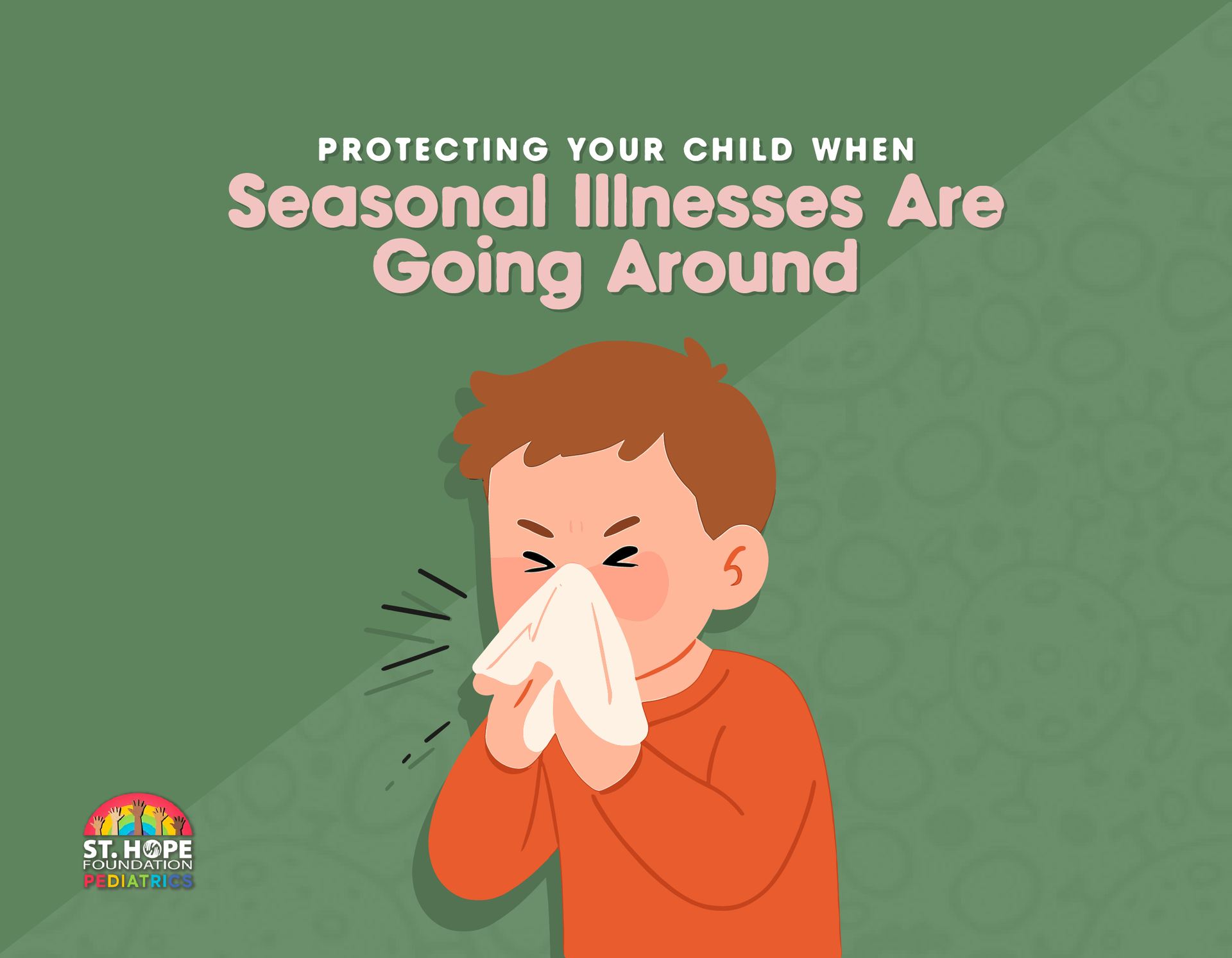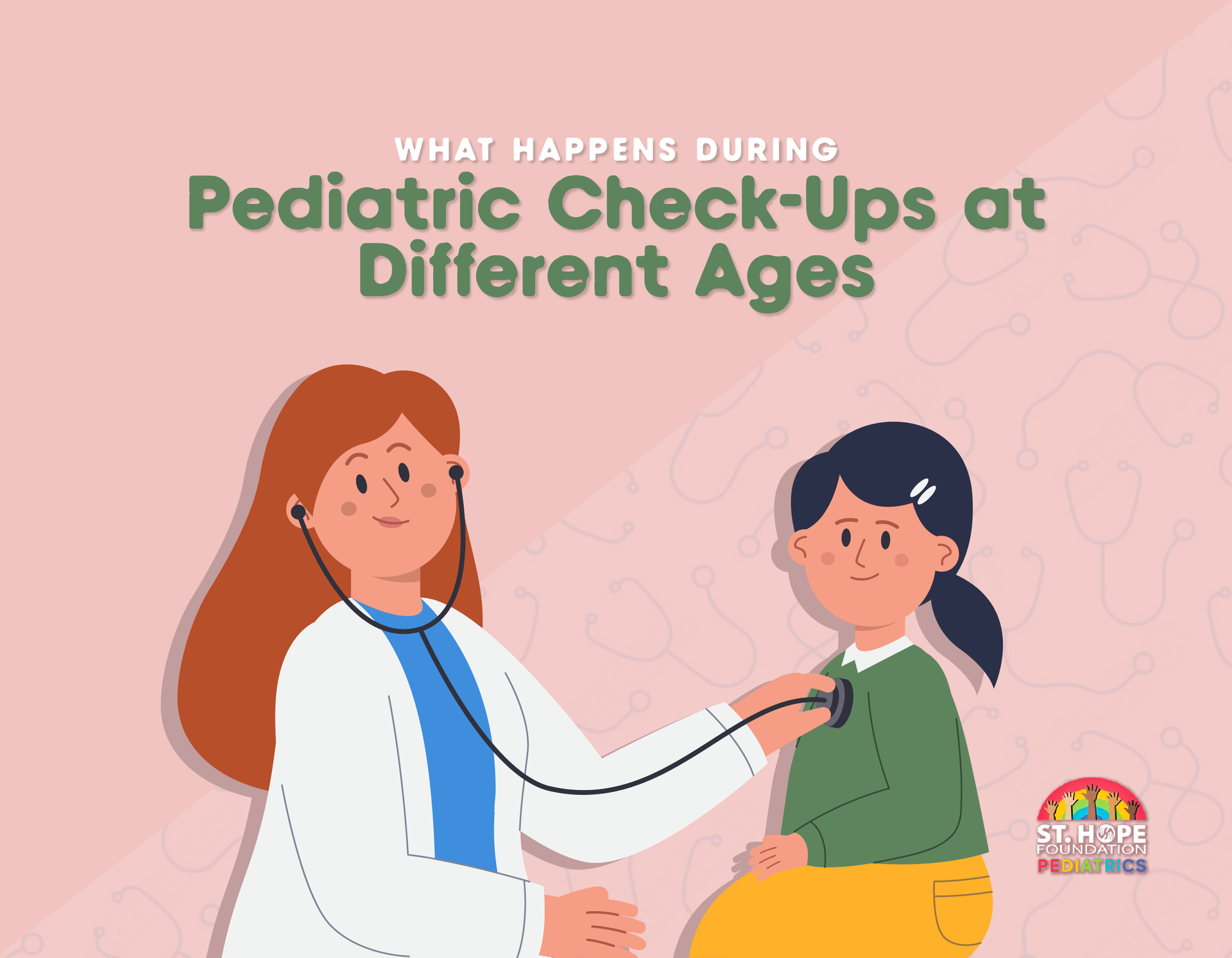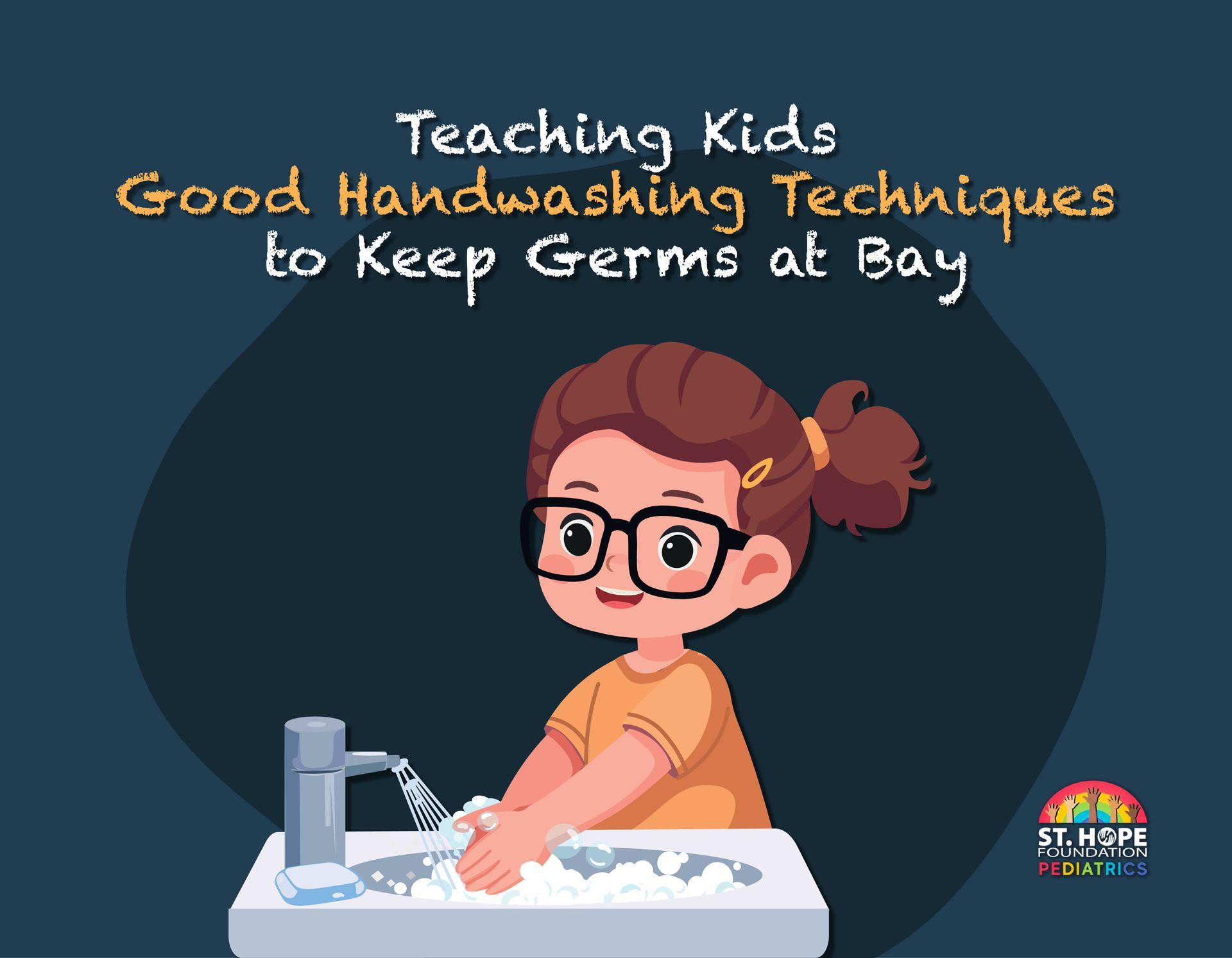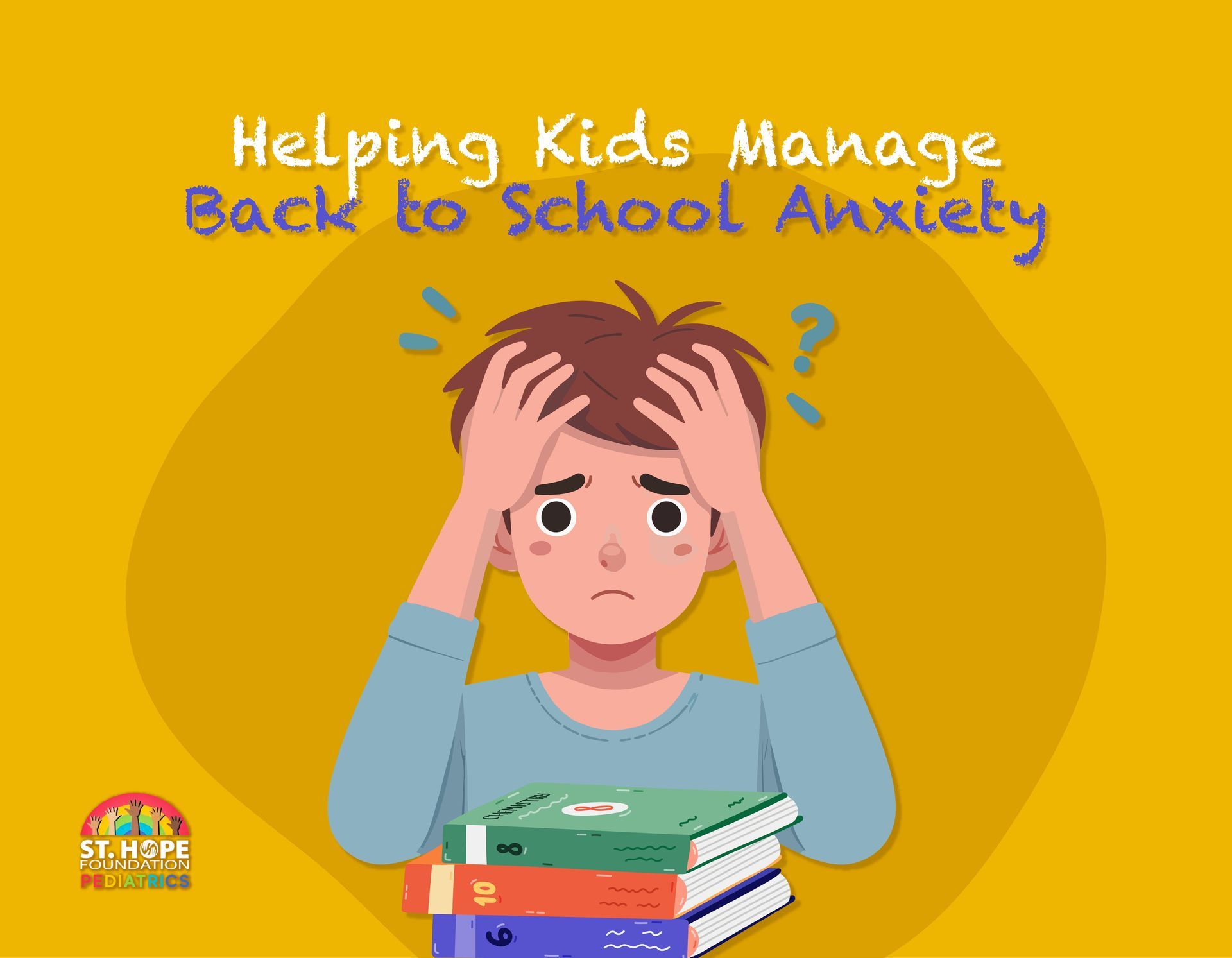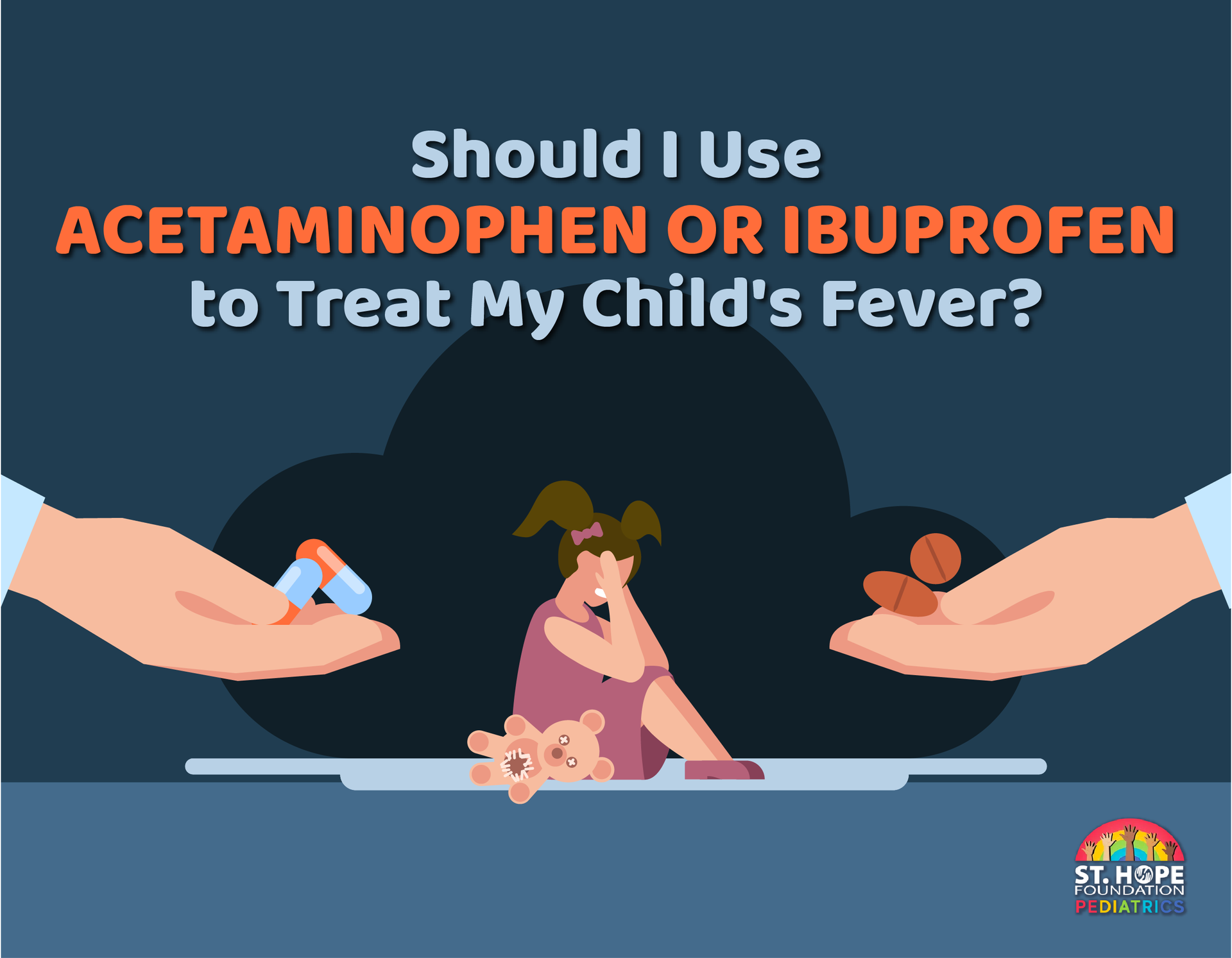
Having your child develop a fever, especially if you’re a young parent and their fever seems dangerously high, can be a terrifying experience. For you and your child’s sake, you want to treat it as soon and as effectively as possible.
The two main medications doctors recommend for high fevers are acetaminophen (brand name Tylenol) and ibuprofen (brand name Advil), but which one you should use and how much will depend on a case-by-case basis, contingent on certain factors, like your child’s age and symptoms.
Acetaminophen vs. Ibuprofen
Acetaminophen is a fever reducer and a pain reliever, while ibuprofen is a nonsteroidal, anti-inflammatory drug that can lower inflammation, pain and fever. The general advice is that you should use ibuprofen if a fever is your child’s primary symptom, while you should use acetaminophen if your child has stomach pain in addition to their fever.
If your child has IBS or Chrones, you should almost always use acetaminophen, even if your child only has a fever. Ibuprofen should not be used to treat stomach pain because it can irritate the stomach, leading to stomach pain, nausea and on rare occasions ulcers or bleeding. While acetaminophen can be hard on a person’s liver, it’s easier on the gut, which is why it’s recommended for patients with stomach issues. Tylenol is also recommended for children with asthma, as ibuprofen can sometimes cause airways to narrow.
If there are no stomach or respiratory issues, ibuprofen is often preferred for fever reduction. Some studies have shown that it’s more effective at lowering fevers, able to reduce temperatures with as little as 5 to 10 mg/kg compared to 10 to 15 mg/kg of acetaminophen that may be required to attain the same results.
However, it’s important for parents to be cognizant of the risks. Taking too much ibuprofen can be hard on a person’s kidneys, and while acetaminophen is safe to use across all ages, ibuprofen shouldn’t be taken by those younger than six months.
If your child has an inordinately persistent fever above 103 degrees, your doctor may recommend using both acetaminophen and ibuprofen intermittently, as it can be a highly effective method of reducing high temperatures quickly. In this scenario, you should give your child acetaminophen four hours apart, with no more than four or five doses a day, and ibuprofen six hours apart, ranging from 1.25 mL for six month olds and 15 mL for 11 year olds.
The ideal dosage may vary depending on a child’s age, weight, sensitives or pre-existing conditions. Your doctor will be able to give you accurate medication and dosage recommendations specific to your child.
What About Aspirin?
Never administer aspirin to your child or leave it within reach of children, as it can cause severe side effects in children – from stomach pain and internal bleeding to Reye syndrome, a potentially fatal brain disease.
How to Treat Your Child’s Fever
Aside from giving them the appropriate medication per your pediatrician’s guidance, there are other ways you can help your child with their fever:
- Keep their room cool and dress them in light clothing, but don’t sponge. Using cold sponges is discouraged because it can cause shivering that will in turn raise their body temperature.
- Ensure they’re drinking water and getting ample rest.
- Monitor them for new symptoms, such as a rash, vomiting or difficulty breathing. Don’t hesitate to schedule a sick visit if you’re concerned and want advice.
Our Pediatricians Are Here to Help Houston Parents and Give Their Child the Dedicated Medical Care They Need to Recover Sooner
At St. Hope Pediatrics, we offer rapid lab services that will quickly identify your child’s ailment and dedicated pediatricians who will craft a personalized treatment plan to ensure a full recovery. We will give you expert guidance and compassionate support to help you through your child’s bouts of sickness.
Learn more about how we’ve been giving families across the Houston metro area peace of mind about their child’s health on our website. Call (713) 778-1300 today and schedule a general wellness appointment for your child so you can equip yourself with the knowledge you need to best protect them from viruses and other illnesses.

